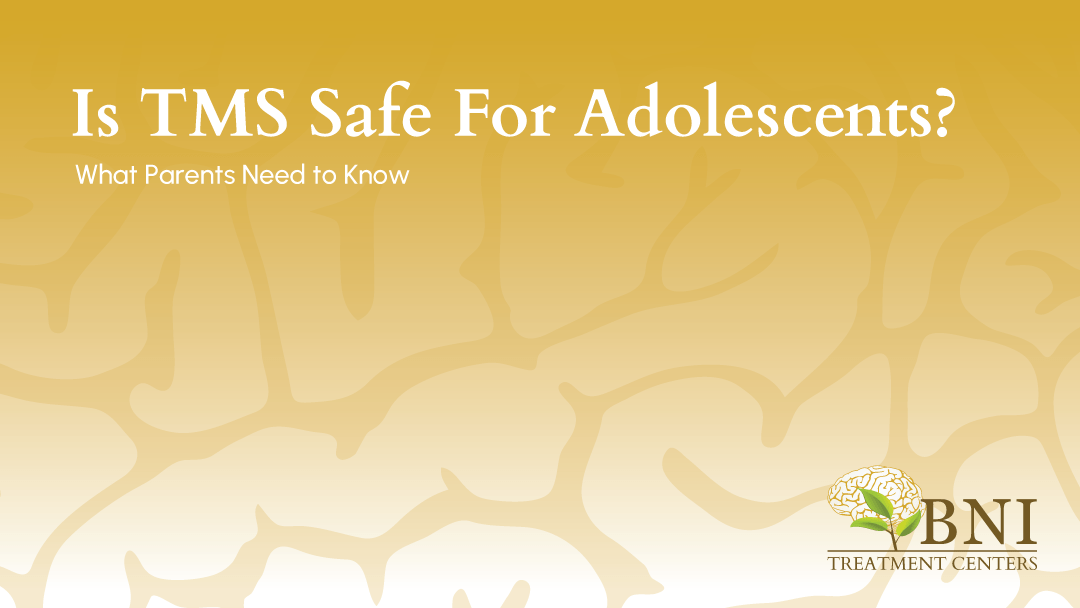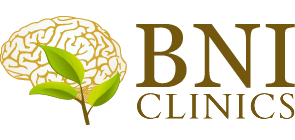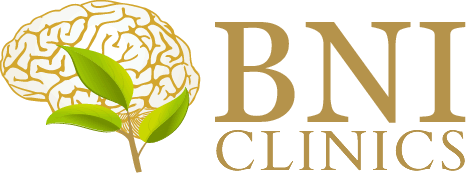Is TMS Safe For Adolescents? What Parents Need to Know

When your teen seems to always be in pain, it hurts you too. As a parent, you want to fix anything troubling them so they can live happy, successful lives. Unfortunately, matters are rarely that simple.
That’s especially true when it comes to depression. It impacts everyone differently. Sometimes, that includes depression that doesn’t improve with standard treatment. While depression at any age is a concern, it’s especially troubling in adolescents. It’s a precursor to severe depression in adulthood. Teens who experience depression are four times more likely to have a depressive disorder in adulthood than teens who don’t have a depressive episode.
That makes treating depression in adolescents vital. What can be done for treatment-resistant depression in teenagers?
TMS is an option we frequently utilize at BNI Clinics. If you’re wondering, “Is TMS safe for adolescents?” we’ll answer that question and more in this blog.
What Is TMS? How Does It Work?
TMS stands for transcranial magnetic stimulation. Magnetic pulses are utilized to stimulate underactive parts of the brain related to the individual’s symptoms. It is a noninvasive form of treatment. The individual undergoing it will wear a cap or helmet with a magnetic coil close to their scalp. TMS machines are loud, so earplugs are highly recommended during sessions.
The strength and number of magnetic pulses vary depending on the type of TMS treatment someone undergoes, as does how often treatments take place and how long they last. Standard treatment sessions last at least 20 minutes, and happen five days a week for at least six weeks.
People most often begin noticing results halfway through the treatment cycle. This means symptoms may improve after three weeks if following standard protocol. There are many types of TMS, including intermittent theta burst stimulation (iTBS), which involves very short sessions. Researchers at Standford University created the SAINT protocol, consisting of 10-minute, 1,800-pulse iTBS sessions 10 times per day for five days. SAINT protocol appears to be very effective, with as many as 86% of individuals achieving remission for depression symptoms.
There are new innovations surrounding TMS every day. Scientists are striving to make it more accessible and effective.
A Promising Alternative: What TMS Treats
TMS is most frequently utilized for individuals whose depression symptoms haven’t gotten better following antidepressants or psychotherapy. This is known as treatment-resistant depression, and TMS is shown to be effective for it in teens and adults alike.
In one meta-analysis, around 40% of adolescents showed significant improvement in depression symptoms after TMS, with reason to believe it is more effective in individuals with severe depression.
Some studies have seen positive results when TMS is used for attention deficit hyperactivity disorder (ADHD), autism spectrum disorders (ASD), mood disorders, schizophrenia, and Tourette’s syndrome in adolescents, but more research is needed. TMS is also sometimes used to treat anxiety and is FDA-approved for obsessive-compulsive disorder (OCD), migraines, and treatment to stop smoking in adults.
The Big Question: Is TMS Safe for Adolescents and Teenagers?
Studies show the same results in teens as in adults who undergo TMS. This means TMS is as safe for adolescents as adults. The FDA approved TMS for treatment-resistant depression in individuals ages 15 and older as of early 2024. While there is always potential for side effects, only 1% of participants in several studies experienced a severe negative reaction, which is less than when youth take antidepressant medications. No cognitive side effects have been reported. If there are any adverse effects, it’s usually headaches, nausea, fatigue, or mild scalp pain, and these often subside as treatment goes on.
Signs Your Teen Could Benefit From TMS
TMS is a promising option to consider whenever your teen is experiencing mental health concerns, but it is especially viable if:
- Your teen has a mood disorder, such as depression or bipolar disorder
- Other treatments, like medication or psychotherapy, have been unsuccessful
- Your teen experiences side effects with other treatment options
- Their condition continues to decline regardless of treatment
It’s important to note that TMS is most effective when completed alongside continued psychotherapy. Even if your teen hasn’t seen results from talk therapy so far, we encourage continuing it. TMS may reduce any concerns enough for other therapies to be effective and aid in symptom remission.
Getting TMS for Adolescents in Los Angeles
If your teen’s depression symptoms don’t improve regardless of your attempts, you feel powerless. It’s frustrating for your teen also, as they try their best to overcome their condition but just can’t seem to conquer it.
There is still hope. TMS therapy is an option that could change your entire family’s life and set your teen on the path to a brighter future.
BNI Clinics, located in the Los Angeles area, is dedicated to providing psychiatric treatment to families. We treat children, adolescents, and adults, and provide psychological testing, diagnosis, and individualized treatment plans to every individual in our care. TMS is one of many evidence-based therapies we offer to ensure our clients receive every tool they need to improve their mental health. For any inquiries or appointment requests, contact us by phone at (310) 691-5005.
BNI Clinics: Science-based, evidence-backed, compassion-led.





